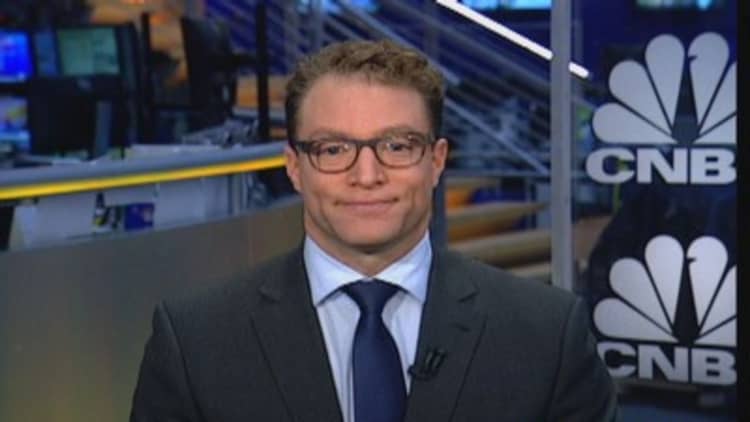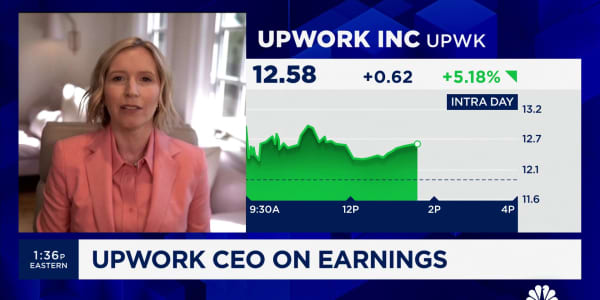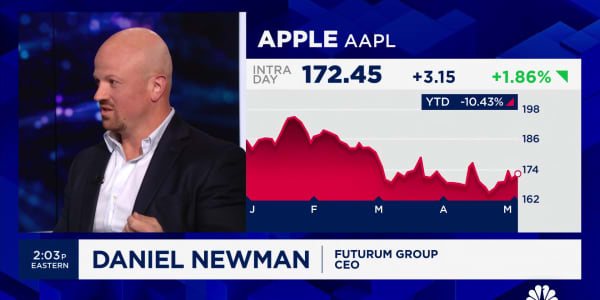With the global economy creating millionaires and billionaires at breakneck speed, the industry handling their money is about to explode.
Six years from now, the asset management industry, which currently controls about $60 trillion in wealth, will be responsible for more than $100 trillion by 2020, according to a recent study from PricewaterhouseCoopers.
PwC attributes the surge both to a general growth in emerging economies, particularly in Asia.
"Changing demographics" are the root of the expected growth, Barry Benjamin, PwC's global leader for asset management, said in an interview.
"We have a lot of movement happening, not just from ... the baby boomers retiring ... but really the [number] of folks outside the Western world, in particular in Asia and the growing economies—emerging markets—whether it's Latin America, the African continent or more importantly the rapidly growing Asia," he said.
(Read more: Wealthy's worry: Don't hate me because I'm rich)
Continued growth in China and elsewhere in Asia will create challenges for those who must learn how to invest there and opportunities for the professional who can make that happen.
"The individuals in these countries really don't have established retirement and wealth accumulation plans," Benjamin said. "In the West, we've come through not only the government plans but also corporate benefit plans, which frankly we see on the way out. The Asian countries are very much working on how to encourage and provide for individuals who will be increasing their own wealth."
The numbers tell the story of the likely demand for investment professionals.
The world's billionaire population swelled in 2013, hitting a record 2,170, with billionaire wealth increasing 13 percent in Asia alone, according to the Wealth-X and UBS Billionaire Census. The total number of billionaires represented a 3.7 percent increase, and the current pace is likely to push Asia to the top spot in the global rankings in five years.
(Read more: There's just nomaking sense of this stock market)
Much of the surge has come since the financial crisis, with 810 new billionaires coming onto the scene since 2009, when the Federal Reserve took interest rates down to zero and expanded its balance sheet past $4 trillion. Other global central banks have followed suit in easing monetary conditions.
The result has been a post-crisis doubling in billionaire wealth, to $6.5 trillion from $3.1 trillion.
All those trillions floating around have asset managers salivating.
"The Chinese government has recognized there is a need to allow that money out of China," Benjamin said. "It can't put a wall around the money."

The PwC survey found that alternative investments—real estate and other yield-producing sectors—will take a large focus after the surge in equities after the crisis.
(Read more: How to become a millionaire? The answer's changed)
Investors also have turned increasingly to exchange-traded funds in a transition away from mutual funds, and Benjamin expects that trend to continue.
"There's just a lot of money sitting around looking for opportunities," he said. "We see clients looking at very large commitments into the real estate market."
Technology also will play a larger role, Benjamin said, with the likelihood that big data companies could try to enter asset management.
—By CNBC's Jeff Cox. Follow him on Twitter @JeffCoxCNBCcom.






